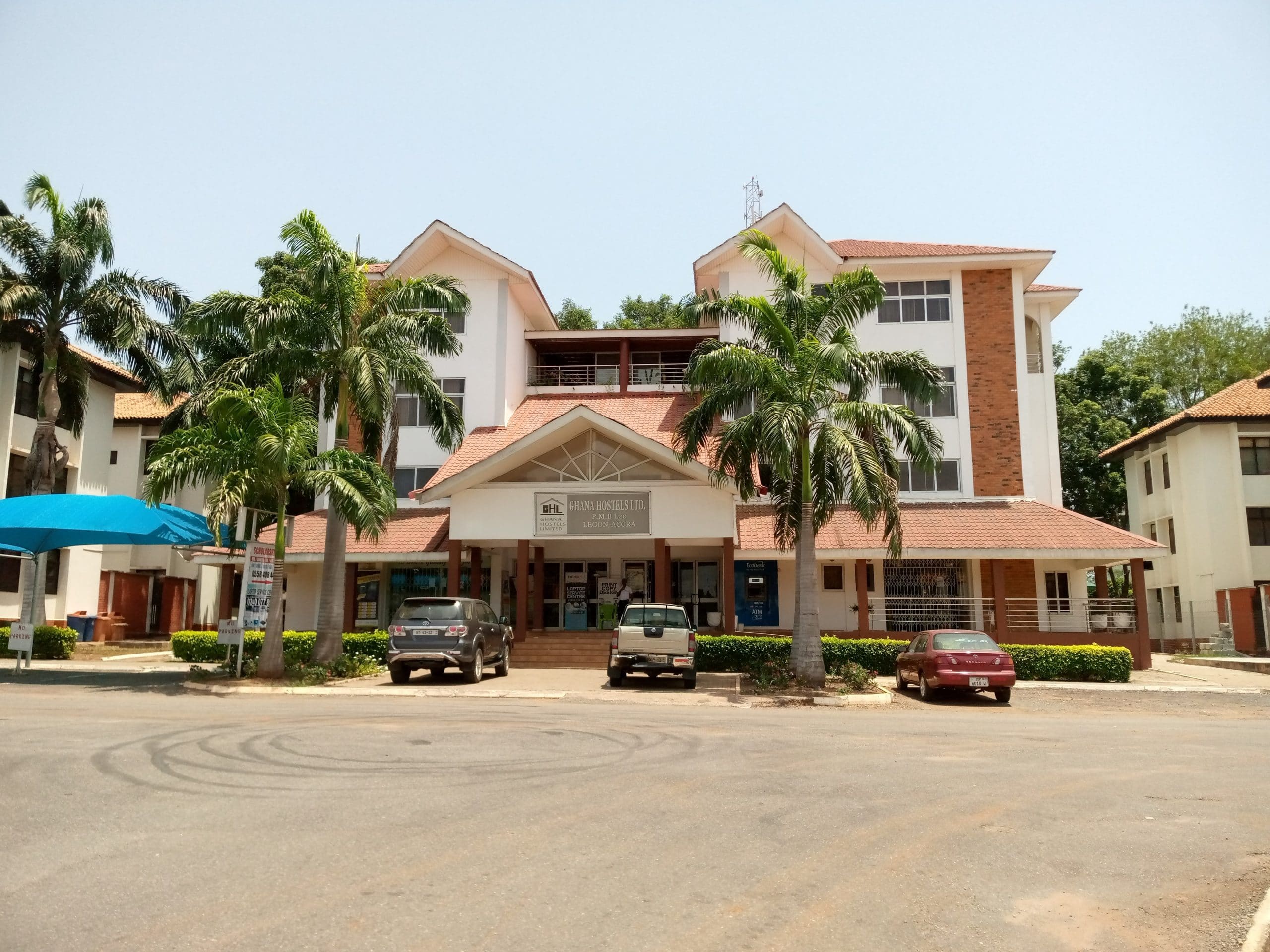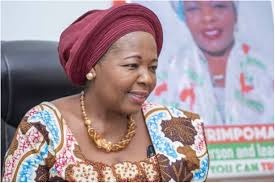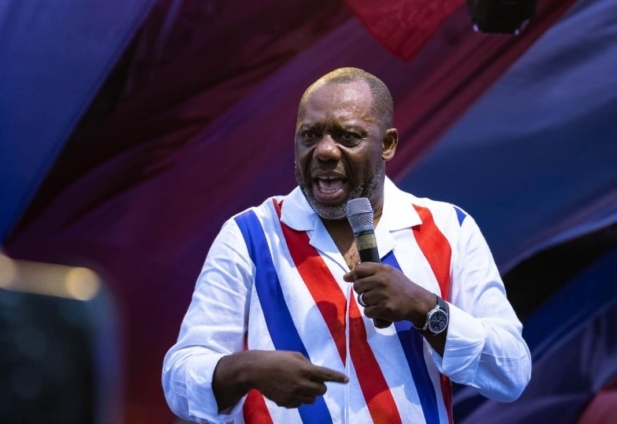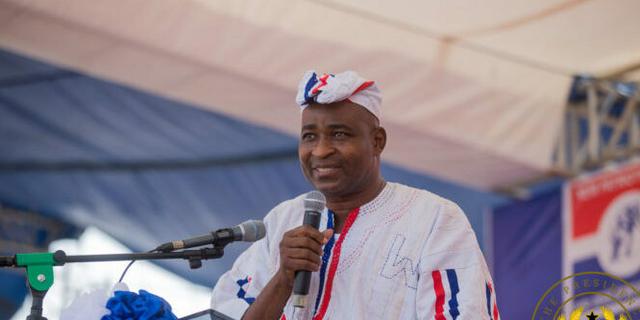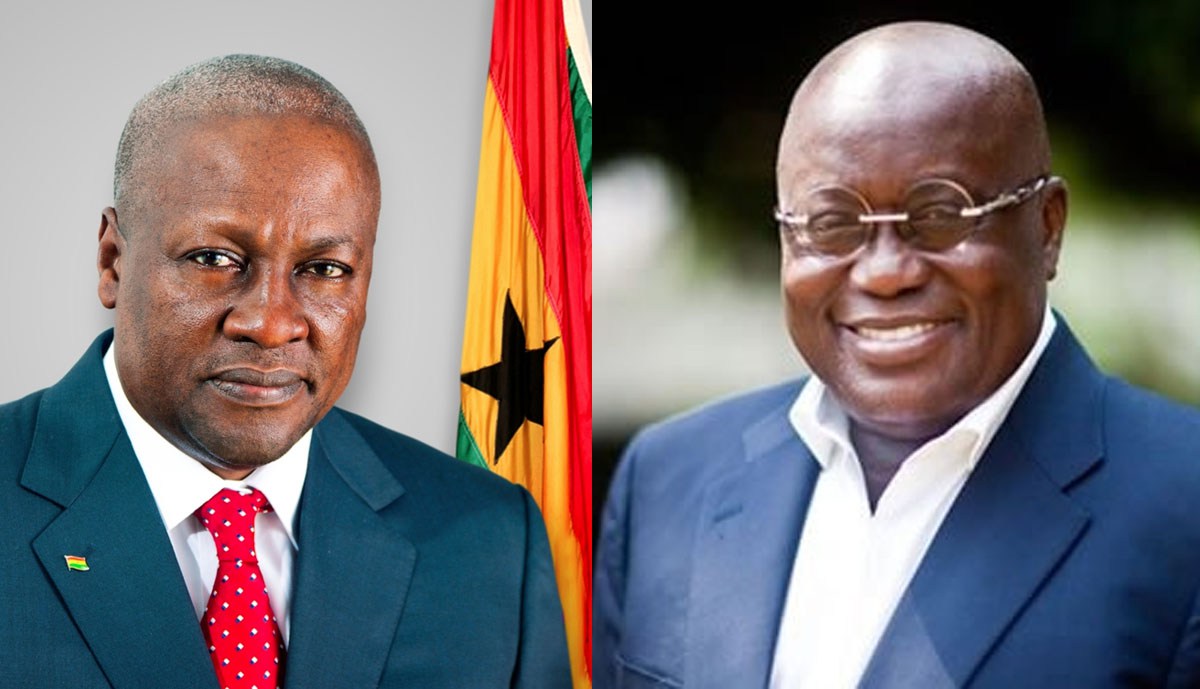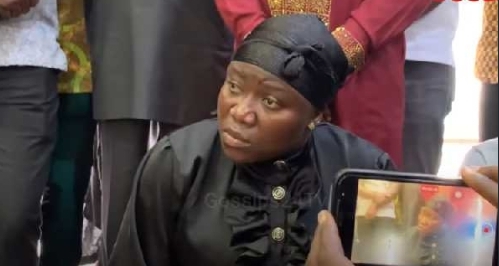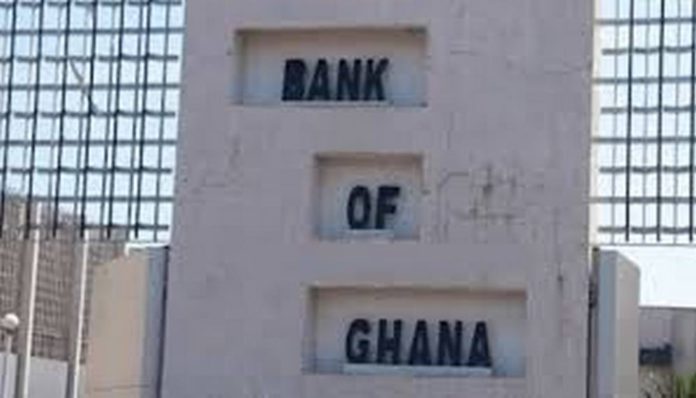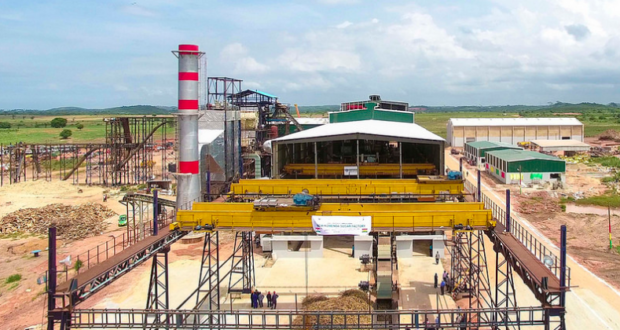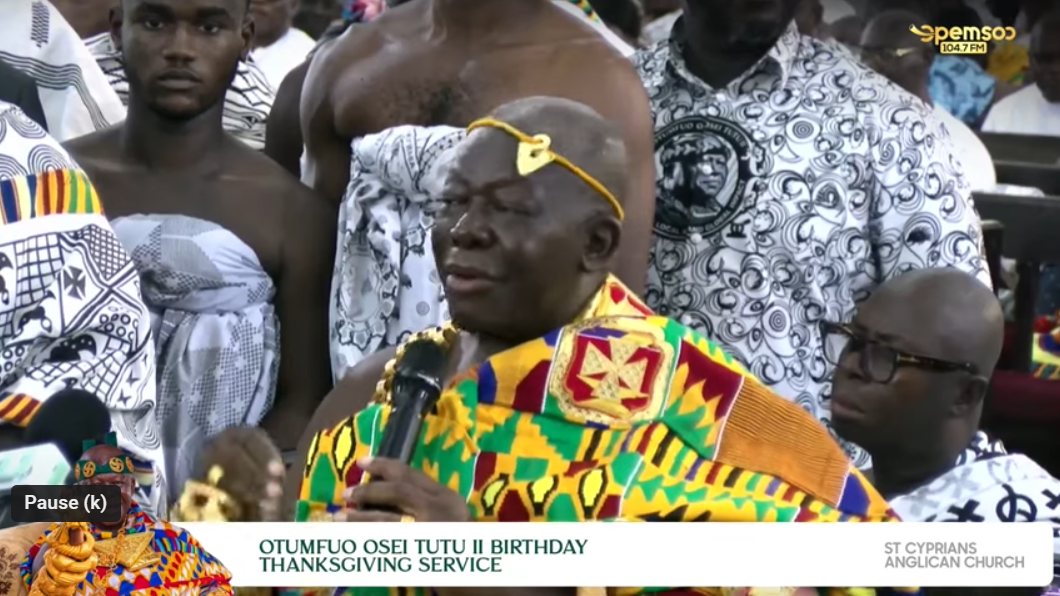IMF expresses confidence in Ghana's second review board meeting scheduled for June
The International Monetary Fund (IMF) has expressed confidence regarding Ghana's progress and outlook, anticipating a positive outcome during the upcoming board meeting in June concerning the country's second review.
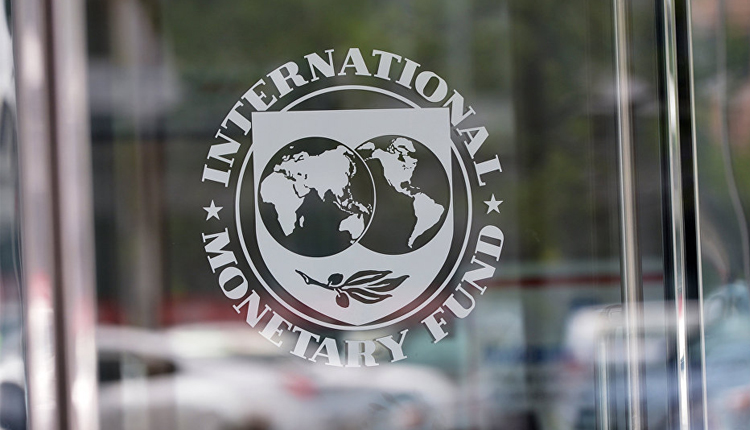
The International Monetary Fund (IMF) has expressed confidence regarding Ghana's progress and outlook, anticipating a positive outcome during the upcoming board meeting in June concerning the country's second review.
Like many nations globally, Ghana has faced economic challenges exacerbated by the COVID-19 pandemic. However, the IMF remains optimistic about the country's ability to navigate these difficulties and adhere to the conditions outlined in its Extended Credit Facility (ECF) program.
The ECF program, which Ghana entered into with the IMF, aims to support the country's economic recovery and reform efforts. It involves implementing measures to stabilize the economy, promote growth, and address fiscal vulnerabilities.
Speaking on Joy TV, Catherine Pattillo who is the Deputy Director of the IMF's African Department said, “Ghana’s process is on a perfect path right now, and as you know the Ghana team was in the country recently and reached staff-level agreement with authorities on the Program”
She emphasized the necessity for Ghana to finalize an agreement on debt restructuring with its creditors.
“The next step is for Ghana to reach an agreement with their creditors, which will help us to move forward to complete the board meeting in Ghana by the end of June 2024. I think that things are moving well”, she said.
According to the IMF's 2024 Regional Economic Outlook, Ghana is expected to achieve a growth rate of 2.8 percent by the end of the year. This aligns closely with the government's projection outlined in the 2024 Budget. Looking ahead to 2025, the IMF anticipates a growth rate of 4.4 percent.
Ms. Pattillo, speaking on behalf of the IMF, highlighted several challenges impacting growth, including a high inflation rate, elevated interest rates, and currency volatility shocks attributed to the Domestic Debt Exchange Program. Despite these obstacles, she noted that growth has exhibited resilience compared to initial projections under the IMF Program.
Ms. Pattillo expressed optimism about the economy's performance, suggesting that it could surpass earlier estimates. The IMF projects an average growth rate of 5 percent starting from the following year.
However, she emphasized the importance of thorough implementation of the IMF program by the government to realize these projections.
Continued adherence to the IMF program is deemed crucial for sustaining growth momentum. Ms. Pattillo emphasized that growth has outperformed initial expectations under Ghana's IMF program, underscoring the significance of consistent and effective implementation.
What's Your Reaction?
















